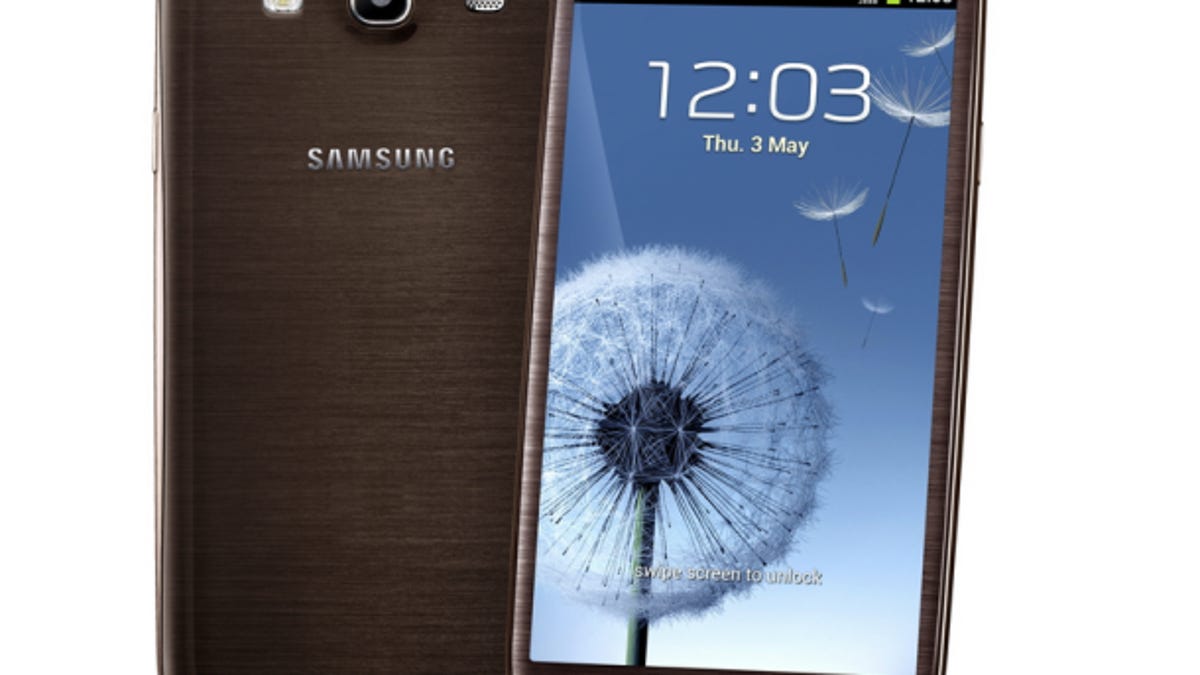'After launch' update for Verizon Galaxy S3 took six months
How long is too long to provide an update "after launch?" A half-year feels late for Verizon to finally deliver on its promise to enable global roaming for the Galaxy S3.

The good news is that owners of the Samsung Galaxy S3 through Verizon now have global roaming capabilities. The bad news is that Verizon apparently believes the "sometime after launch" promise it made equals a half-year wait.
Last June, when the Galaxy S3 was about to launch, I wrote about how Verizon promised it would allow for global roaming and using any SIM card, not just one locked to a Verizon calling plan. From my column back then, Verizon said:
The Verizon model of the Galaxy S III will be global ready for GSM roaming after a software update that will be pushed sometime after launch. After the phone gets the software update to be global ready, customers don't need to call customer service to have it unlocked if they wish to use a local SIM while traveling. They can also call Verizon to have an international data plan added if they'd like.
In October, I revisited the situation since readers kept asking me when it was coming and weren't getting clarity from Verizon itself. Verizon responded to me that it still had no time frame.
I checked back twice more, in late November and early December. Verizon still had no update. In checking up on the situation today, I saw that in mid-December, Verizon pushed the Android 4.1 "Jelly Bean" update to phones.
Verizon's own blog post about the update simply says:
The software upgrade, which will be pushed to customers in phases starting Dec. 14, also makes the smartphone Global Ready.
The support documentation about the update says:
Device is enabled for Global Roaming. Now take advantage of voice and data services in over 205 countries worldwide. For additional information and support please visit verizonwireless.com/global
Going to that further support area for global roaming makes no mention of the phone being used with a local SIM card, rather than through Verizon. That's what Verizon initially promised, and that's what it should deliver. But the Samsung Galaxy S3 review unit I have from Samsung is for AT&T, so I can't test this.
Suffice to say, a six-month wait for a "sometime after launch" feature feels unacceptable. True, it came after launch. But half-a-year is a generation in smartphone years. Buyers who wanted an international roaming phone and bought the S3 for that promised feature with Verizon sure seem to have been left short.
Meanwhile, the other Jelly Bean update -- Android 4.2 -- has been out since mid-November. So while Verizon S3 owners got an update in December, it was a major update behind the latest available.
Hey, it could be worse. I'm a Verizon Galaxy Nexus owner. My Google-branded phone, that I specifically bought because I wanted a pure-Google experience, remains with Google Wallet deliberately blocked by Verizon and stuck at Android 4.1.1. That's three versions behind non-Verizon Galaxy Nexus phones, as Droid Life noted in November.
I have a Nexus 4 review unit from Google, and it's a great phone with only one major flaw to me: the lack of LTE. If Verizon offered a Nexus 4 with LTE, I'd have upgraded to that. But given how the Galaxy Nexus has been stuck in update hell, with Verizon also dictating what a "Google" phone can do, I'm not surprised Google hasn't pushed for the Nexus 4 to come to Verizon. Google tells me it's never-say-never, and there's always a chance this could happen. But I wouldn't get my hopes up.
For years, I preferred Verizon over AT&T and other carriers in the U.S. because of its extensive high-speed coverage. But with AT&T closing the gap (I have an iPhone 5 with AT&T and regularly get LTE coverage that matches Verizon), I wonder if consumers may take a harder look at when they get regular software updates for their devices. If everyone's offering high-speed access, who wants to stay with a carrier that takes the slow road when it comes to software upgrades?

